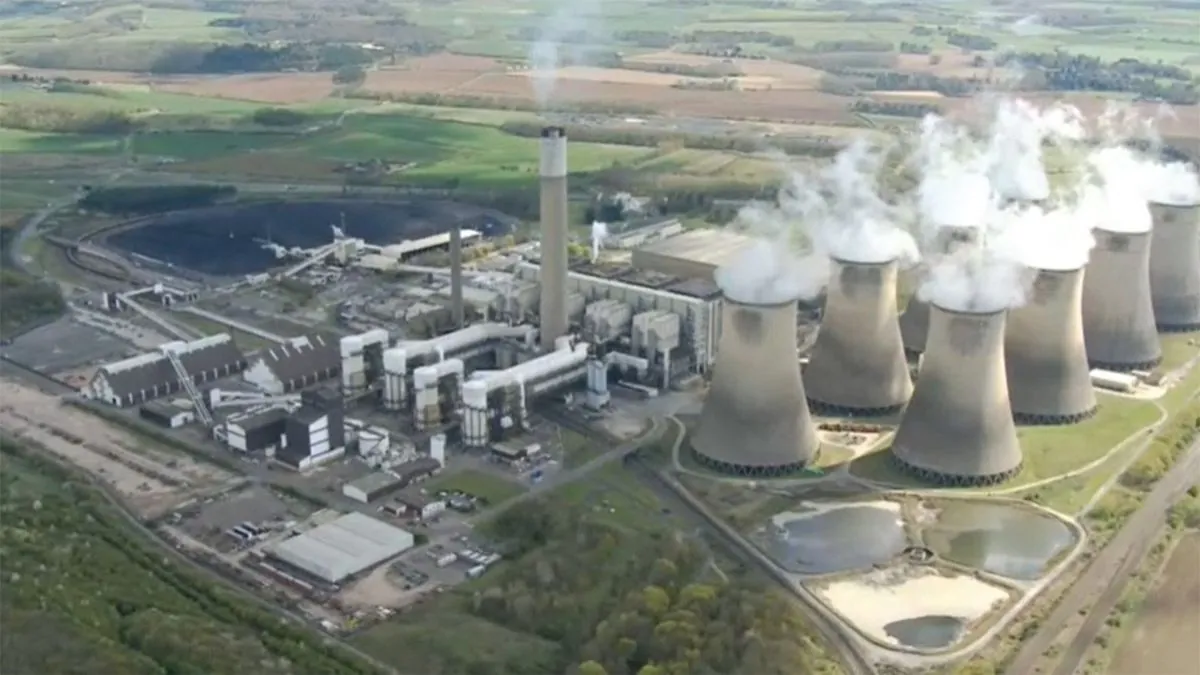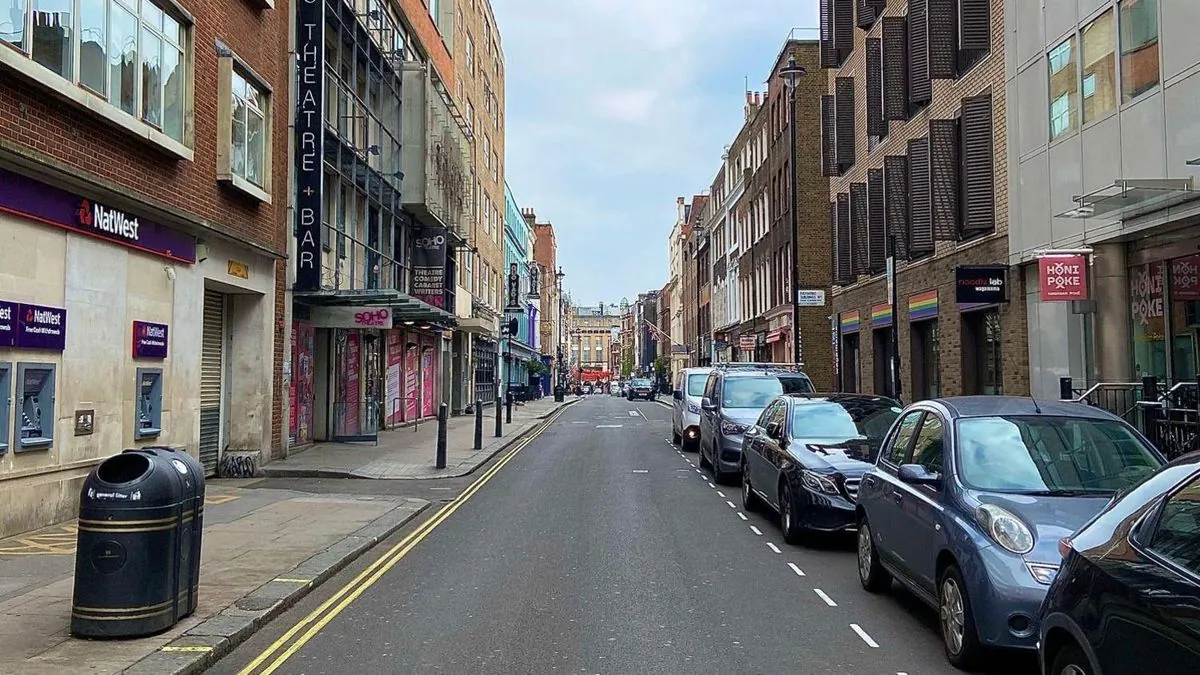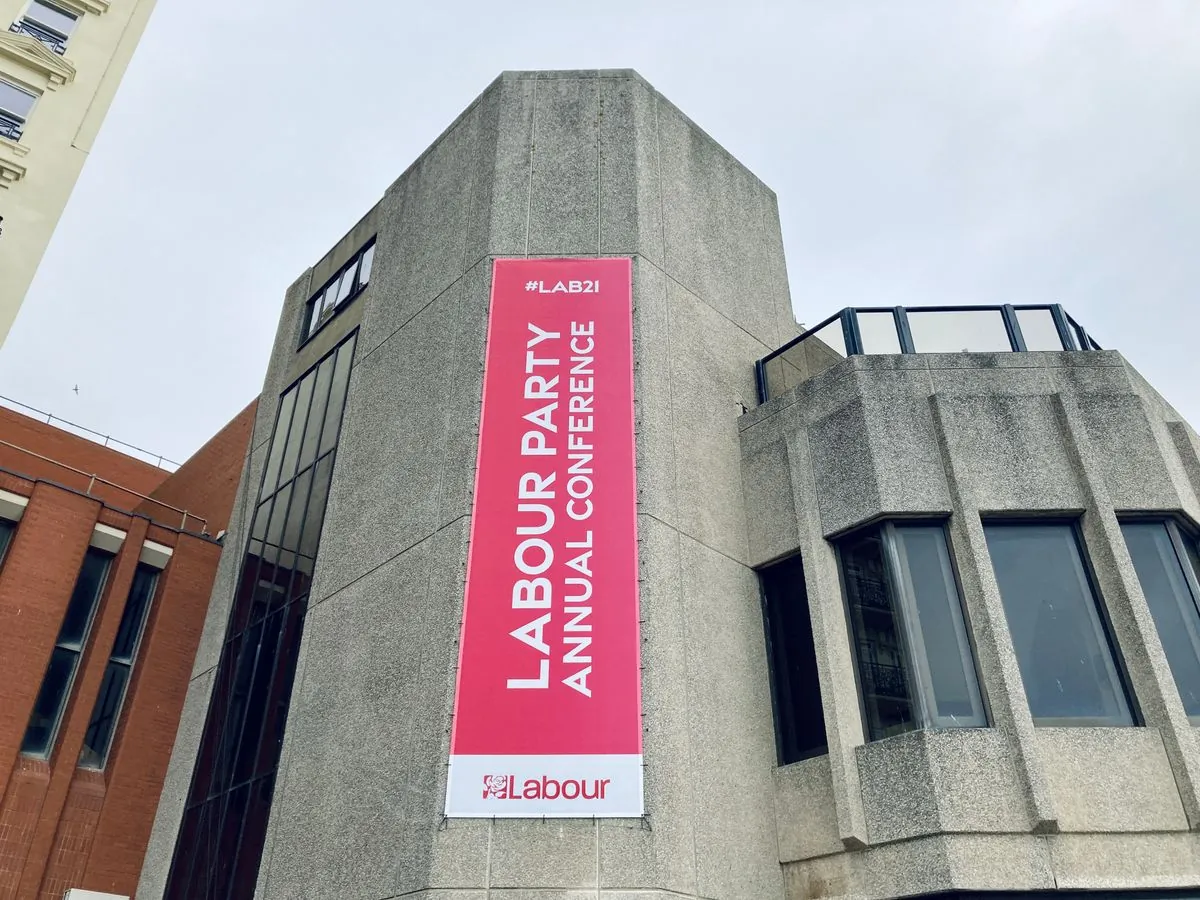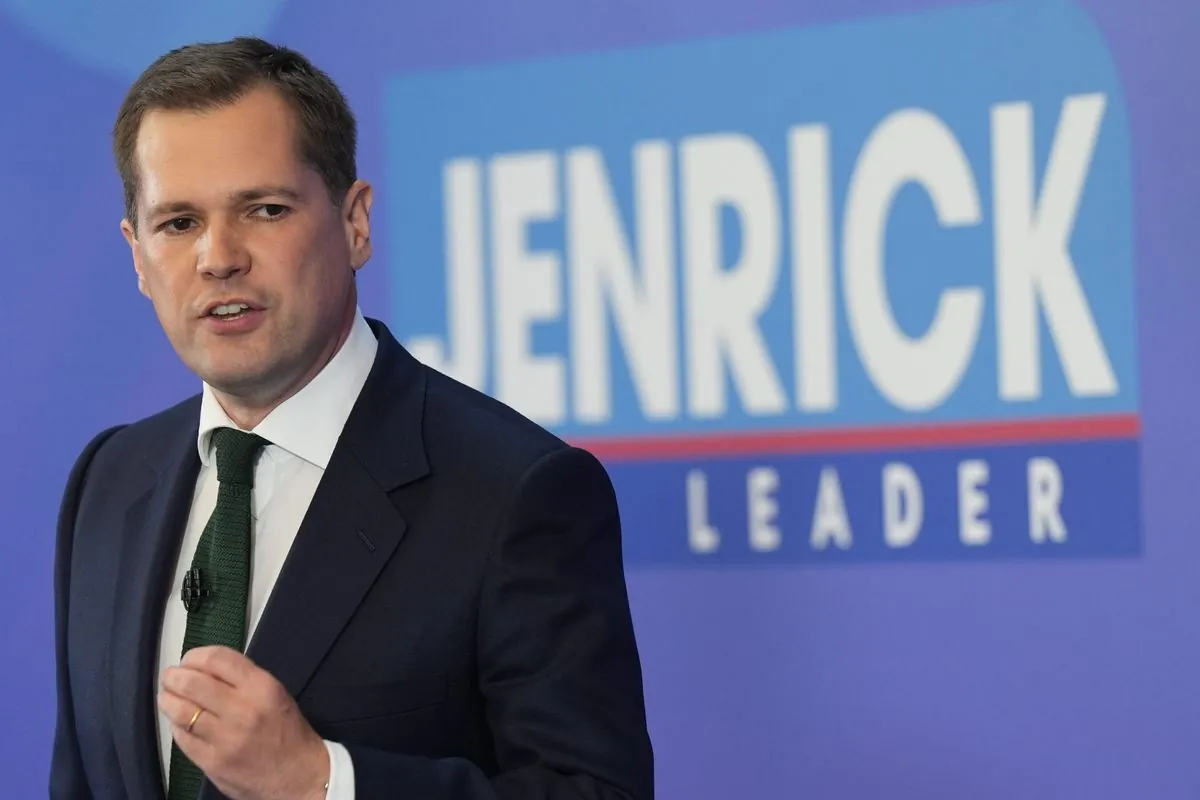Vance Slams Democrats on Chinese Solar Panels in VP Debate
During the vice-presidential debate, JD Vance criticized Democrats for spending on Chinese solar panels. The discussion highlighted China's dominance in solar production and the challenges facing US manufacturers.
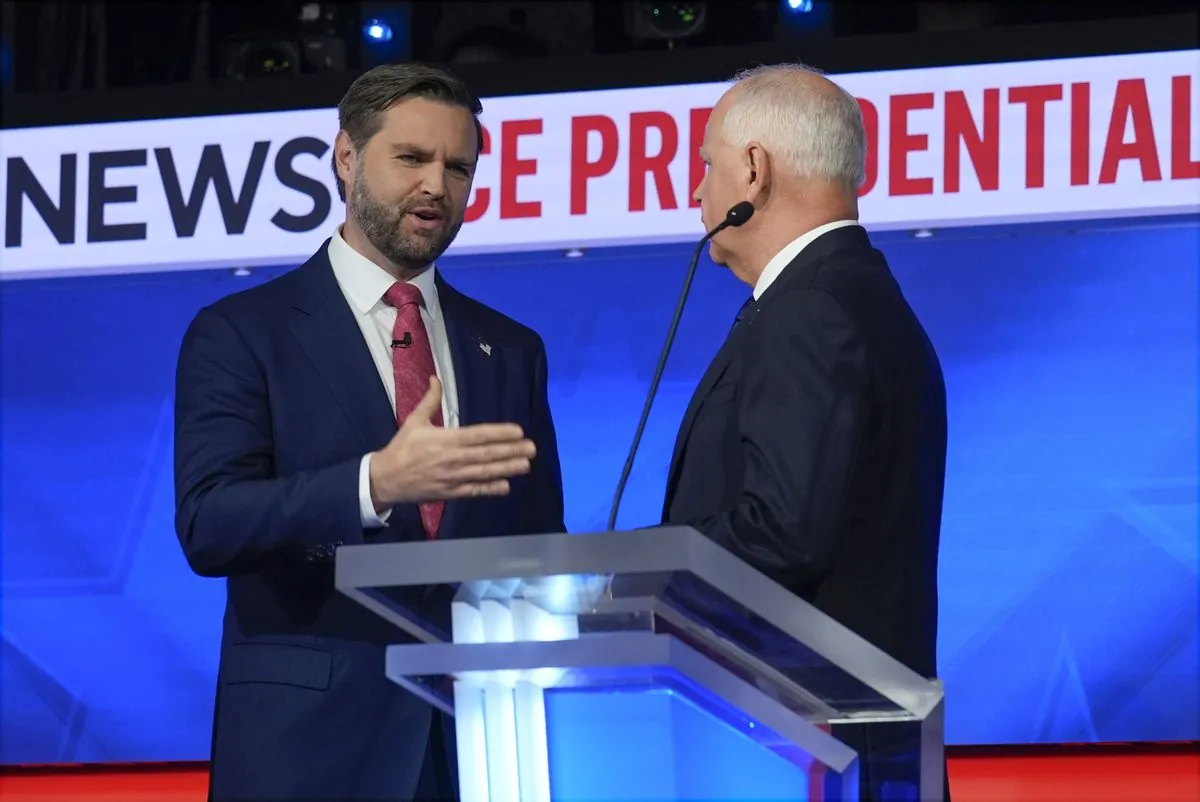
In the recent vice-presidential television debate, JD Vance leveled criticism at the Democratic party, accusing them of allocating billions in taxpayer funds to Chinese-made solar panels. The Republican candidate argued that if Kamala Harris genuinely believed in the urgency of climate change, she would have advocated for increased domestic green energy production.
Vance stated, "When we discuss clean energy, it's often a slogan used by Democrats. The real issue is that spending hundreds of millions or even billions of American taxpayer money on solar panels made in China not only makes the economy dirtier but also fails to support domestic production."
This statement highlights the ongoing debate about China's dominance in the solar panel industry. Solar panels, invented in 1954 by Bell Labs, have seen significant advancements since their initial 6% efficiency. Today, modern panels can achieve over 20% efficiency, demonstrating the rapid progress in this technology.
China's grip on solar panel production has been a growing concern. By 2025, Chinese-backed firms could potentially control half of the United States' solar panel production capacity. This dominance extends globally, with China controlling 97% of the world's polysilicon production and 80% of all solar panel manufacturing stages.
The debate touched on the implications of the Inflation Reduction Act (IRA), a $370 billion climate change initiative partly aimed at boosting green energy. However, Chinese-backed companies have been able to claim subsidies from this act, raising questions about its effectiveness in supporting domestic manufacturers.

President Joe Biden has attempted to address this issue. In May 2024, he announced tariffs on Chinese solar cells, citing their threat to American workers and businesses. This move echoed similar actions taken by Donald Trump in 2017. Despite these efforts and tax breaks to encourage domestic production, American companies still struggle to compete with cheaper Chinese exports.
The solar industry has seen remarkable growth, expanding by an average of 49% annually since 2010. It now employs more people in the US than the oil, coal, and gas industries combined. However, the challenge lies in balancing this growth with domestic production capabilities.
As the debate continues, it's worth noting that solar energy is the most abundant energy source on Earth. The US Department of Energy aims for solar to provide 45% of US electricity by 2050, underlining the importance of resolving these production and trade issues.
The vice-presidential debate has brought these complex issues to the forefront, highlighting the intricate balance between environmental goals, economic interests, and international trade relations in the rapidly evolving solar energy sector.
"We should be making more of those solar panels here in the United States of America."
This ongoing discussion reflects the broader challenges facing the US as it seeks to transition to cleaner energy sources while maintaining economic competitiveness in a global market.






























